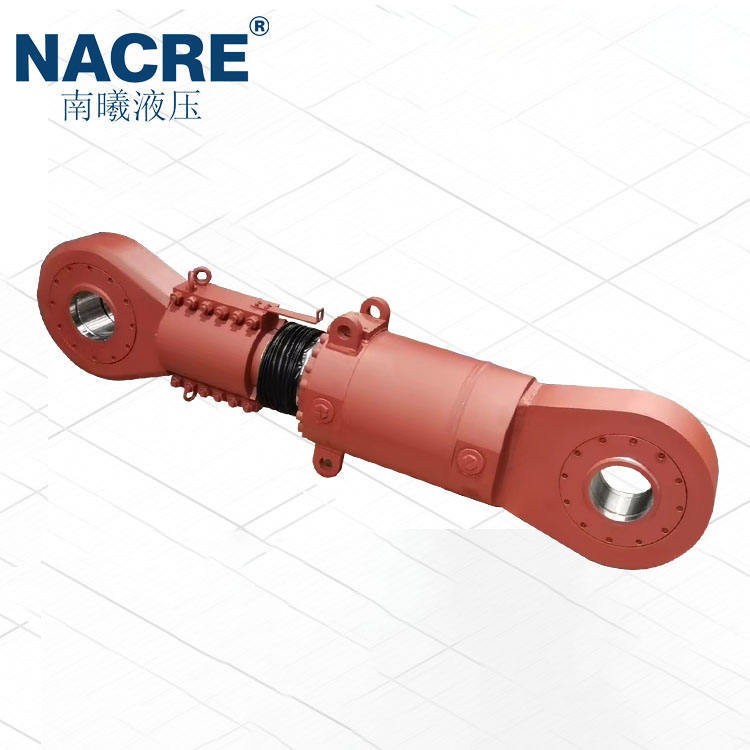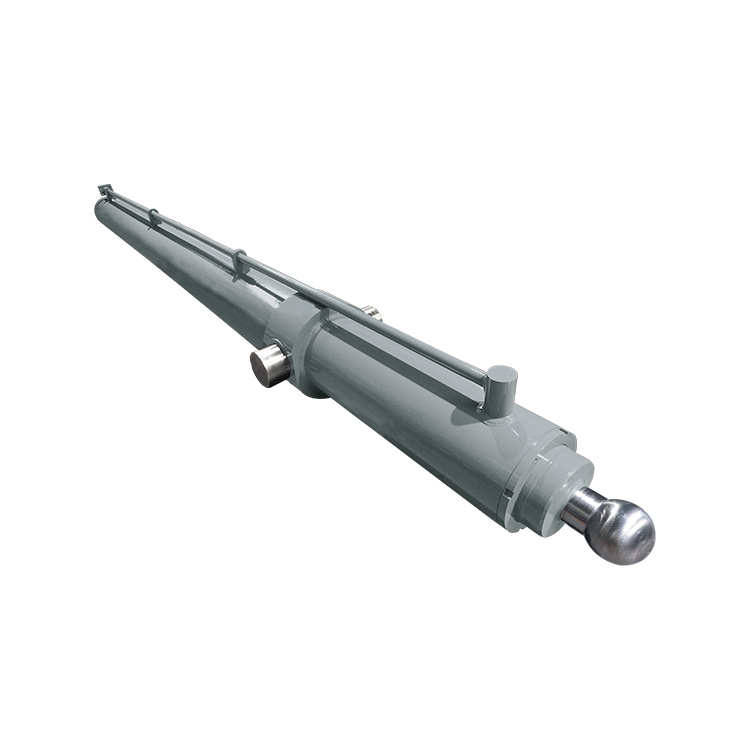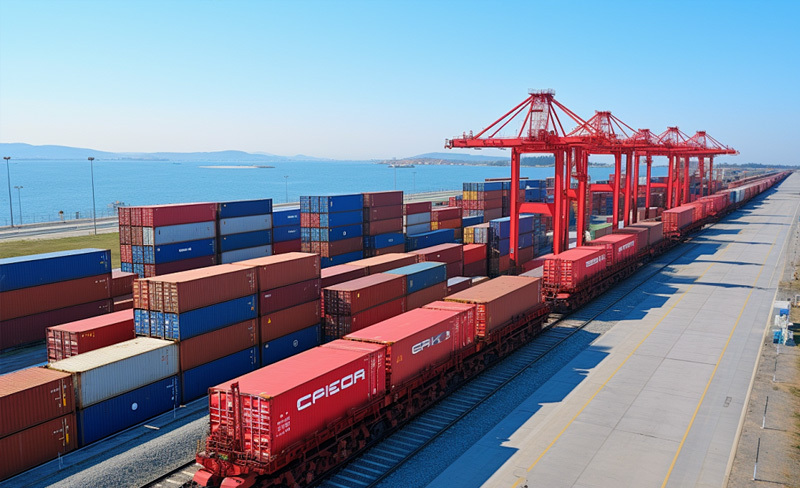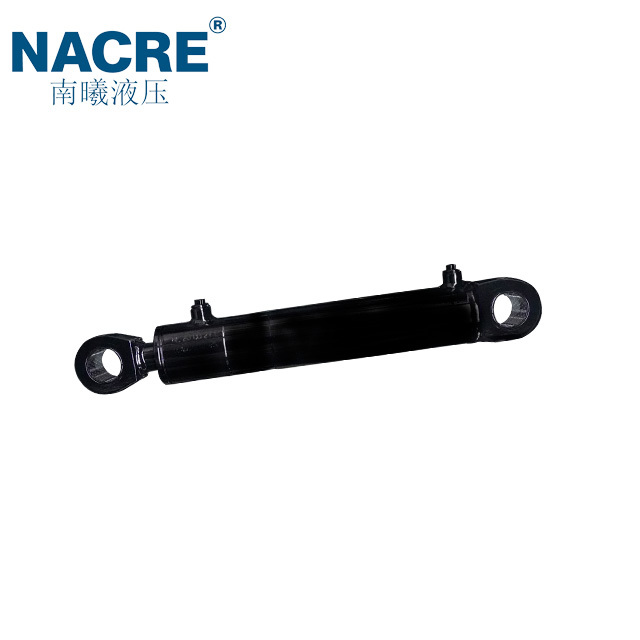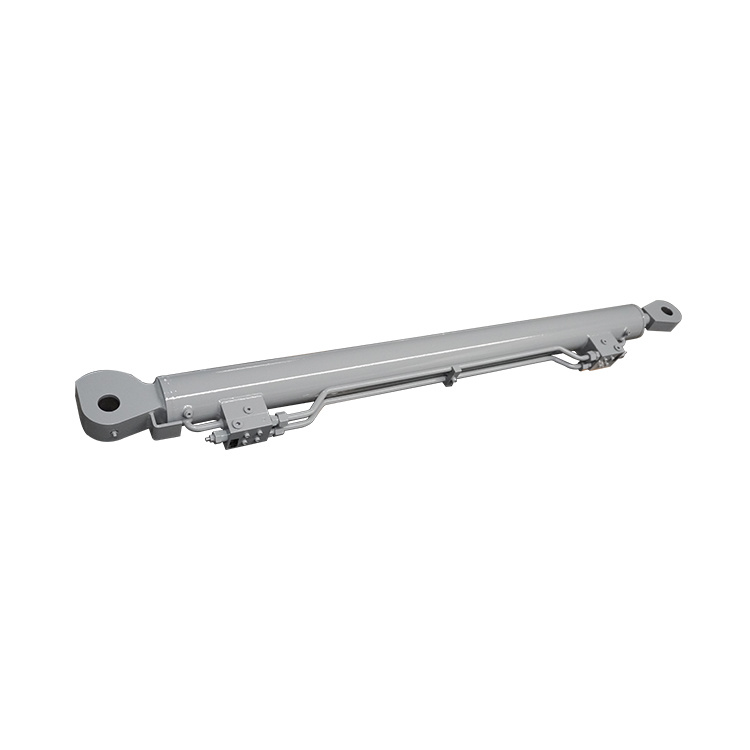Tractor Hydraulic Cylinder Upgrades: What You Need to Know for Enhanced Performance
2025-10-16
Tractor Hydraulic Cylinder Upgrades: What You Need to Know for Enhanced Performance
Table of Contents
- Introduction to Hydraulic Cylinders in Tractors
- Importance of Upgrading Hydraulic Cylinders
- Types of Hydraulic Cylinder Upgrades
- The Installation Process: A Step-by-Step Guide
- Maintenance Tips for Hydraulic Cylinders
- Cost Considerations for Upgrading Hydraulic Cylinders
- Common Issues and Solutions with Hydraulic Cylinders
- FAQs on Tractor Hydraulic Cylinder Upgrades
- Conclusion
Introduction to Hydraulic Cylinders in Tractors
In the realm of agricultural machinery, **hydraulic cylinders** serve as vital components that enable tractors to perform a multitude of tasks. From lifting implements to moving heavy loads, these cylinders convert hydraulic energy into mechanical force. Understanding the significance of hydraulic cylinders lays the groundwork for recognizing the necessity of upgrades.
Upgrading tractor hydraulic cylinders can dramatically improve operational efficiency and extend the lifespan of the machinery. Whether you are a seasoned farmer or a casual user, making informed decisions about hydraulic cylinder upgrades can lead to significant enhancements in performance.
Importance of Upgrading Hydraulic Cylinders
**Upgrading hydraulic cylinders** is not merely a matter of performance; it enhances safety, efficiency, and productivity. Here are several compelling reasons why upgrades are essential:
1. Improved Efficiency and Performance
Older hydraulic cylinders may struggle to deliver optimal power, resulting in inefficient operations. By upgrading, you can enjoy faster lift times, smoother functions, and greater precision in your work.
2. Enhanced Durability
Modern hydraulic cylinders are designed with advanced materials and engineering techniques that significantly increase their durability. This means fewer breakdowns and maintenance issues, allowing your tractor to operate more dependably.
3. Cost-Effectiveness
While the upfront cost of upgrading might seem steep, the long-term savings from reduced maintenance and improved productivity can outweigh the initial investment. Enhanced performance reduces fuel consumption and overall operational costs.
Types of Hydraulic Cylinder Upgrades
When considering hydraulic cylinder upgrades, it is crucial to know the various types available. Each upgrade can fulfill different needs and enhance specific aspects of your tractor's performance.
Performance Upgrades
Performance upgrades focus on enhancing the power and efficiency of hydraulic cylinders. Some options include:
- **High-Pressure Hydraulic Cylinders:** Designed to withstand higher pressures, these cylinders provide more power without increasing overall size.
- **Double-Acting Cylinders:** These cylinders allow for movement in both directions, providing greater versatility in farming tasks.
Durability Enhancements
For those seeking longevity and reliability, durability enhancements are invaluable. Consider the following options:
- **Corrosion-Resistant Materials:** Upgrading to cylinders made from materials that resist corrosion can significantly extend their lifespan, especially in harsh environments.
- **Seals and Rod Enhancements:** Quality seals and rods can prevent hydraulic fluid leaks, which are common failure points in older cylinders.
Technological Advancements
Incorporating the latest technology into your hydraulic cylinder system can revolutionize your tractor's performance. Examples include:
- **Smart Hydraulic Systems:** These systems utilize sensors and automation to optimize performance and monitor conditions in real-time.
- **Electric Over Hydraulic Systems:** This technology offers the benefits of hydraulic power with the efficiency of electric systems, providing smoother operation.
The Installation Process: A Step-by-Step Guide
Installing upgraded hydraulic cylinders may seem daunting, but it can be a straightforward process with the right approach.
Step 1: Gather Necessary Tools and Equipment
Before beginning the installation, ensure you have the required tools, including wrenches, screwdrivers, and a hydraulic fluid container.
Step 2: Safety First
Always prioritize your safety. Wear appropriate personal protective equipment (PPE), and make sure the tractor is parked on a flat surface and turned off.
Step 3: Remove Old Hydraulic Cylinders
Carefully disconnect the hydraulic lines from the old cylinders. Make sure to capture any hydraulic fluid in a container to prevent spills.
Step 4: Install New Hydraulic Cylinders
Position the new hydraulic cylinders in place and connect the hydraulic lines. Follow manufacturer guidelines for proper fittings and connections.
Step 5: Test the System
Once installed, check for leaks and test the functionality of the new cylinders. Ensure everything operates smoothly before returning to normal use.
Maintenance Tips for Hydraulic Cylinders
To maximize the lifespan of your hydraulic cylinders and ensure optimal performance, consider the following maintenance tips:
1. Regular Inspections
Conduct routine checks to identify any signs of wear or damage. Early detection of issues can prevent more severe problems down the line.
2. Keep Hydraulic Fluid Clean
Regularly change the hydraulic fluid and ensure it is free from contaminants. Clean fluid promotes smoother operation and reduces wear.
3. Monitor Seals and Connections
Inspect seals and fittings regularly for leaks or wear. Replacing worn seals promptly can avert potential failures.
Cost Considerations for Upgrading Hydraulic Cylinders
Understanding the costs associated with upgrading hydraulic cylinders is crucial for budgeting. Here are the primary factors influencing costs:
1. Type of Upgrade
The nature of the upgrade will significantly affect the price. Performance upgrades typically come at a premium compared to basic replacements.
2. Labor Costs
If you choose to hire a professional for installation, factor in labor costs as part of your total expenditure.
3. Brand and Quality
Investing in high-quality, reputable brands may come with a higher price tag but often results in longer-lasting and more efficient performance.
Common Issues and Solutions with Hydraulic Cylinders
Hydraulic cylinders can encounter several common issues that may require immediate attention. Here, we outline these issues and their solutions:
1. Leaking Hydraulic Fluid
**Solution:** Inspect seals and connections for damage. Replace defective seals and tighten connections as necessary.
2. Slow or Unresponsive Operation
**Solution:** Check for low hydraulic fluid levels or air trapped in the system. Bleed the system if necessary and refill fluid to the appropriate levels.
3. Noisy Operation
**Solution:** Noises can indicate a lack of lubrication or low fluid levels. Ensure proper maintenance and fluid levels to reduce noise.
FAQs on Tractor Hydraulic Cylinder Upgrades
1. How often should I consider upgrading my hydraulic cylinders?
Regularly assess your tractor's performance. If you notice decreased efficiency or increased maintenance needs, it may be time to consider upgrades.
2. Can I upgrade hydraulic cylinders myself?
Yes, with the right tools and knowledge, many upgrades can be performed as DIY projects. However, always prioritize safety and consult your tractor's manual.
3. What are the signs that my hydraulic cylinders need replacement?
Common signs include leaking fluid, slow operation, and unusual noises. If you notice these issues, it may be time for an upgrade or replacement.
4. Are all hydraulic cylinder upgrades compatible with my tractor?
No, ensure you choose upgrades that are compatible with your specific tractor model and its hydraulic system specifications.
5. How can upgrades improve my tractor's fuel efficiency?
Upgrading to more efficient hydraulic cylinders can reduce the strain on your tractor's engine, leading to lower fuel consumption and better overall performance.
Conclusion
Upgrading tractor hydraulic cylinders is a vital step toward enhancing your machinery's performance, durability, and efficiency. With a variety of upgrade options available, it is essential to assess your needs and select the best enhancements for your specific requirements. By investing in quality upgrades, performing regular maintenance, and understanding the installation process, you can significantly extend the lifespan of your tractor and improve its overall productivity. Embrace these upgrades as a path to ensuring your agricultural operations run smoothly and efficiently.
Previous Page
Previous Page
Questions?
We are here to help.



